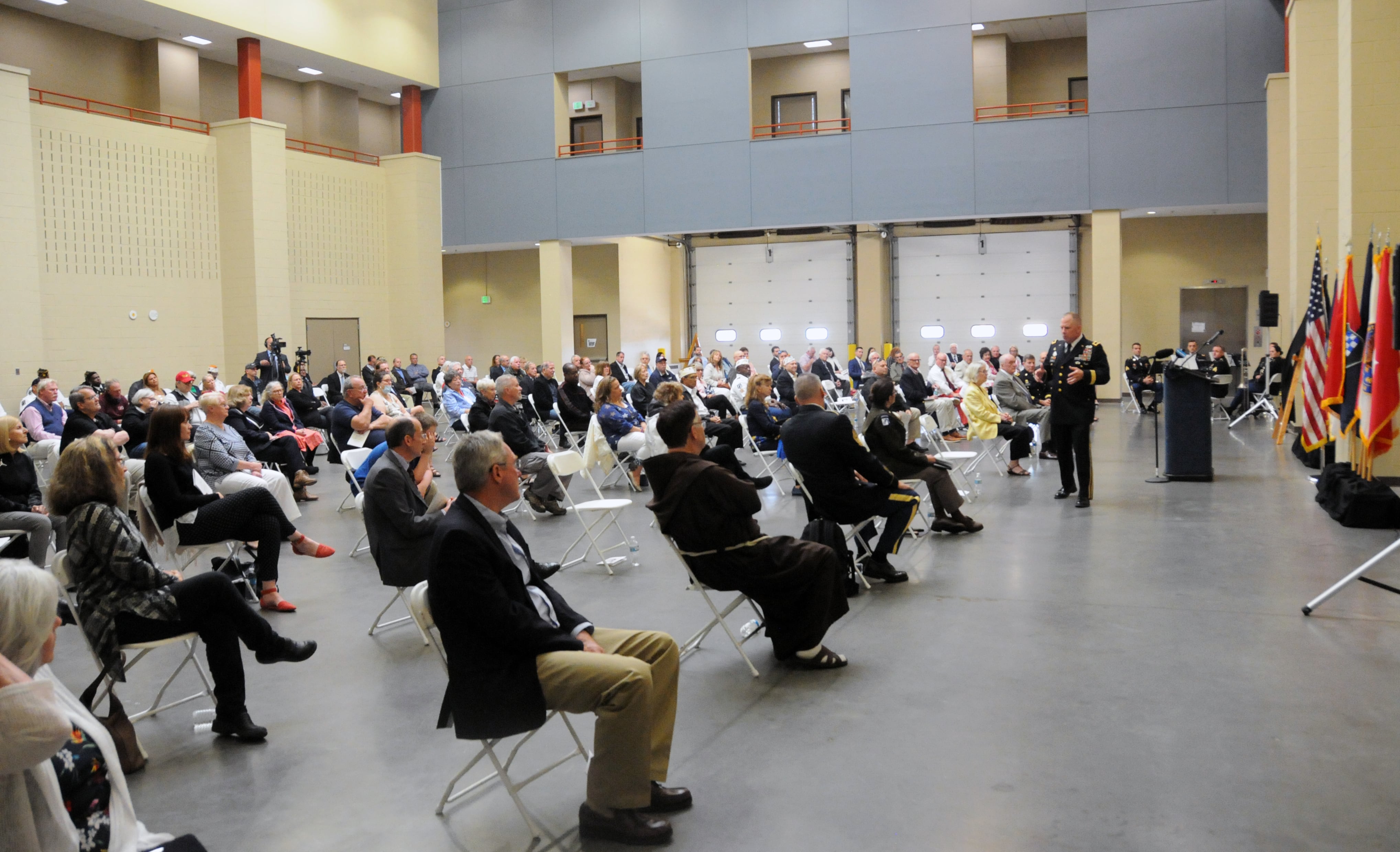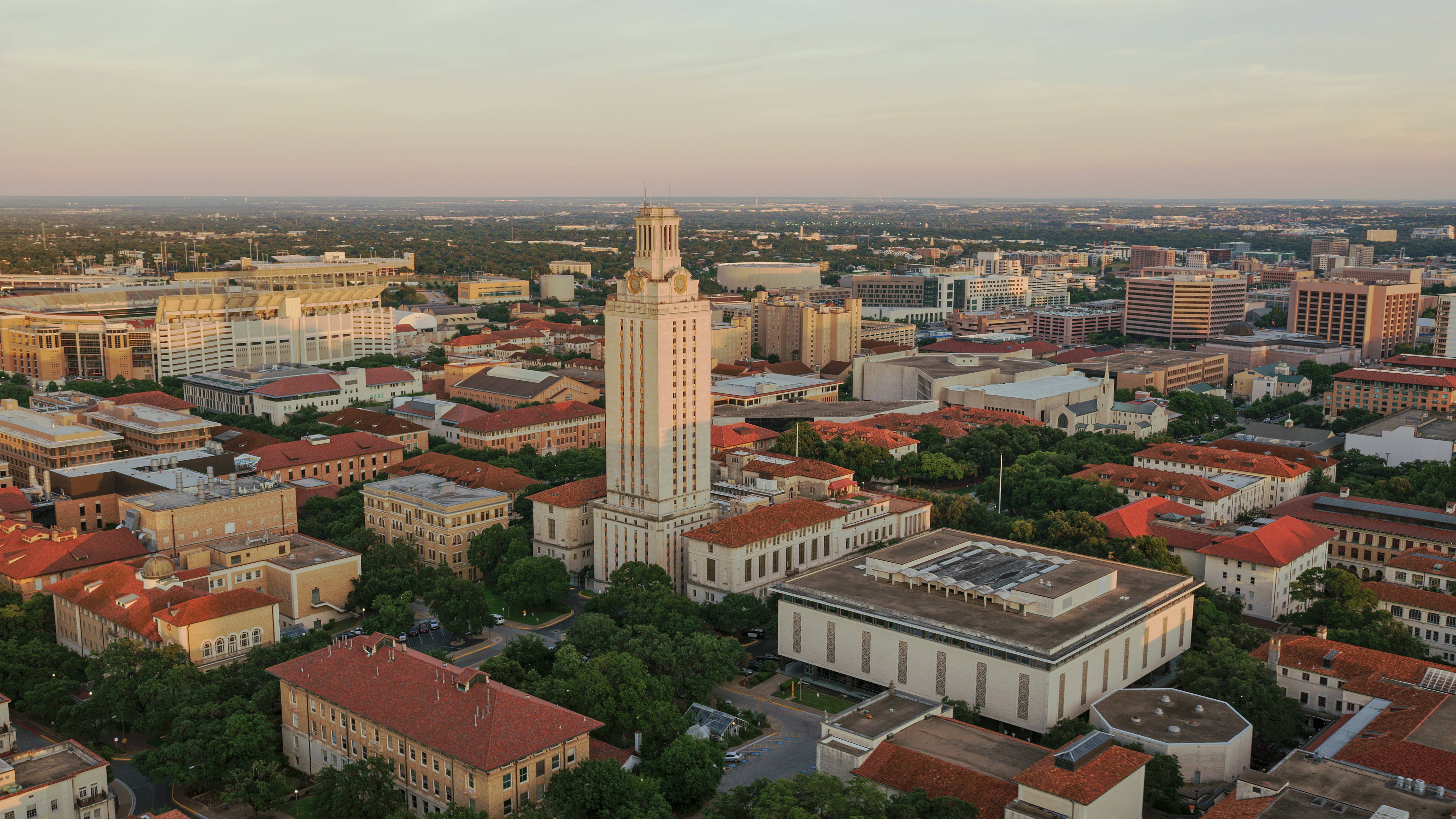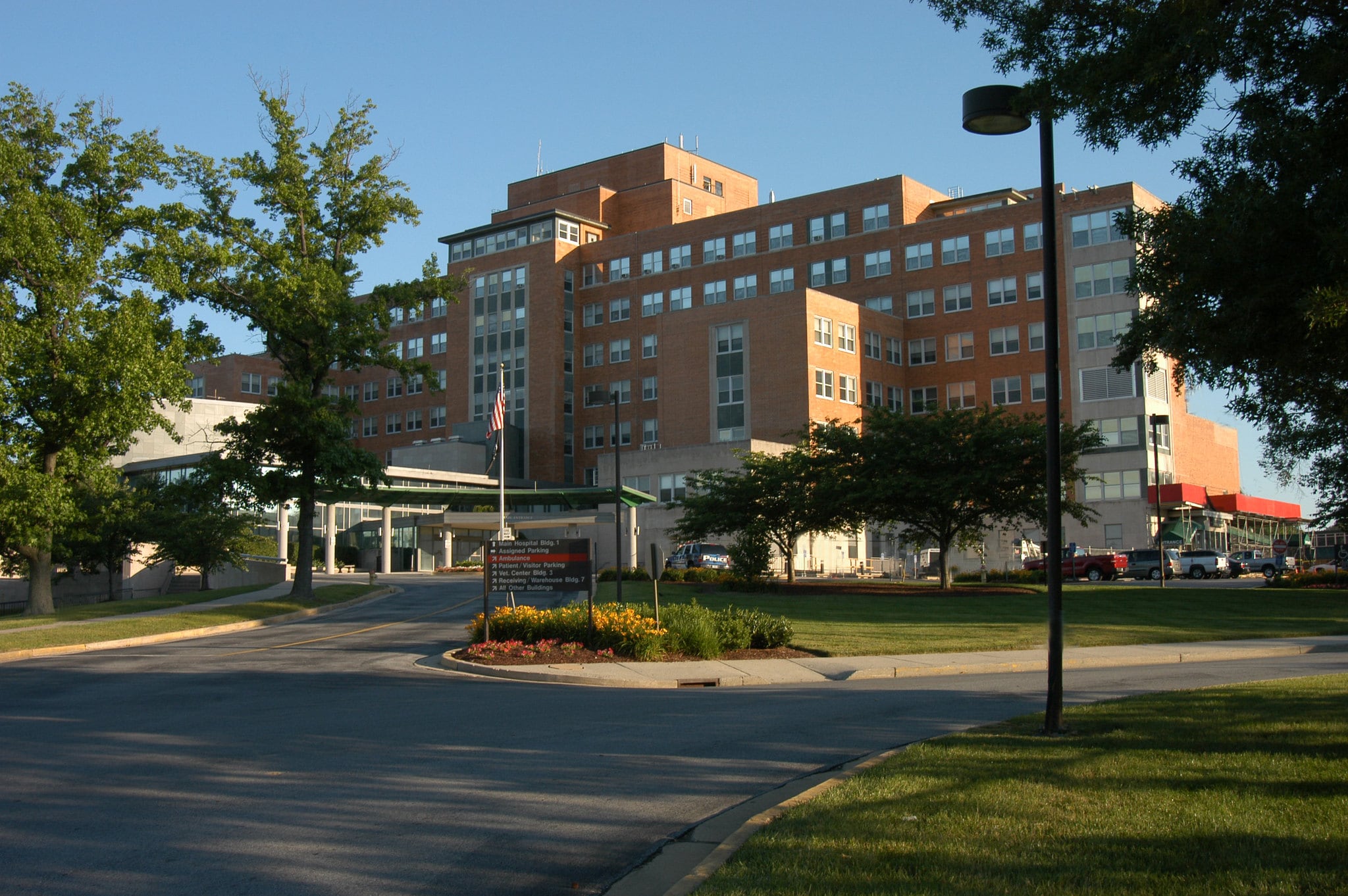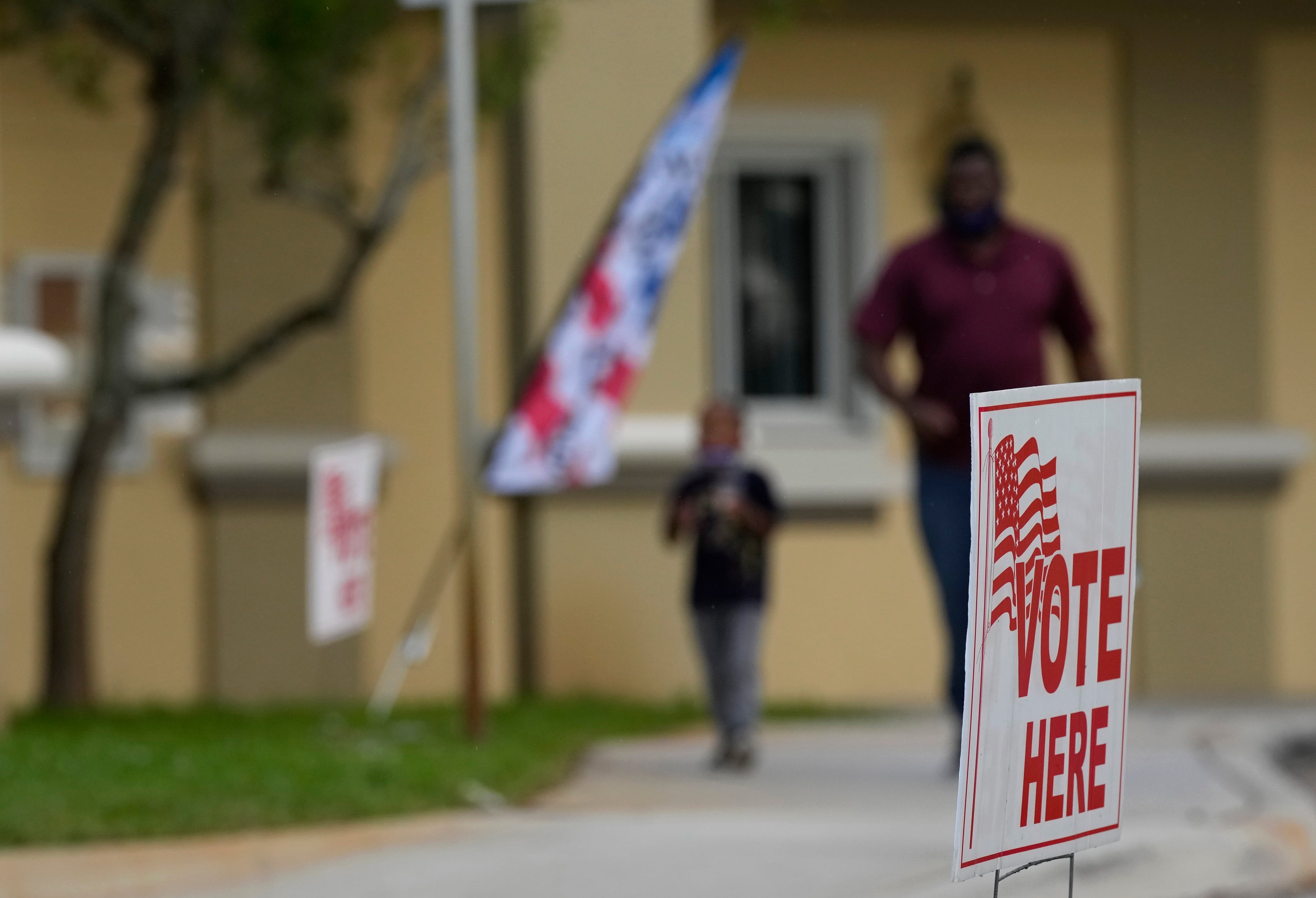The New York National Guard’s Armed Forces Reserve Center was recently renamed in honor of Thomas F. Minogue, an Army medic who died in the Vietnam War when he used his own body to shield a wounded officer from enemy fire.
Minogue was nominated for the honor by Maj. Gen. John Hussey, who leads the Army Reserve’s 200th Military Police Command and who spoke with Army Times about the effort. A dedication ceremony was held on Memorial Day at the center in Farmingdale, New York.
Minogue was serving as a medic in the 25th Infantry Division when he sacrificed his life in combat March 21, 1967, an action that ultimately merited a posthumous Distinguished Service Cross for the fallen soldier.
Minogue was killed in action during a search and destroy mission in Kontum Province when his battalion was attacked by North Vietnamese troops.
“When the company commander was seriously wounded, Private Minogue ran through thirty meters of intense enemy fire to shield his commander with his body and treat his wounds,” the Distinguished Service Cross citation reads. “As the enemy charged the position, he ignored the intrinsic peril and threw himself across his leader and consequently received multiple gunshot wounds.”

Minogue’s actions meant his commander could call for air support and medical evacuation for the wounded. Though Minogue was awarded the Distinguished Service Cross, the second highest military award for combat heroism, there have still been efforts to upgrade his decoration.
Maj. Gen. Hussey told Army Times that Minogue’s actions kept the battalion from being overrun by the North Vietnamese assault.
Hussey worked to get Minogue’s nomination for a Medal of Honor reviewed after new testimony disclosed that Minogue used a machine gun to hold off a third enemy assault wave before he died.
“In my heart of hearts, I think he deserved it,” Hussey said of the award upgrade. “But the dedication was a good opportunity for younger members of his family to hear about his heroism.”
Shawn Morris, a spokesman for the Army Reserve’s 99th Readiness Division, said no part of his job is more important than working on memorial events like the one for Minogue.
“It’s kind of a bittersweet feeling,” Morris said. “I hope every time a soldier walks into the building they stop and reflect on the sacrifice that PFC Minogue made.”
The memorialization process is time-consuming. It involves contacting the family to make sure they are okay with it, as well as ensuring that the nominee is worthy of the honor.
“With PFC Minogue it was a no brainer,” Morris said.
Minogue is interred in Hawthorne, New York.









